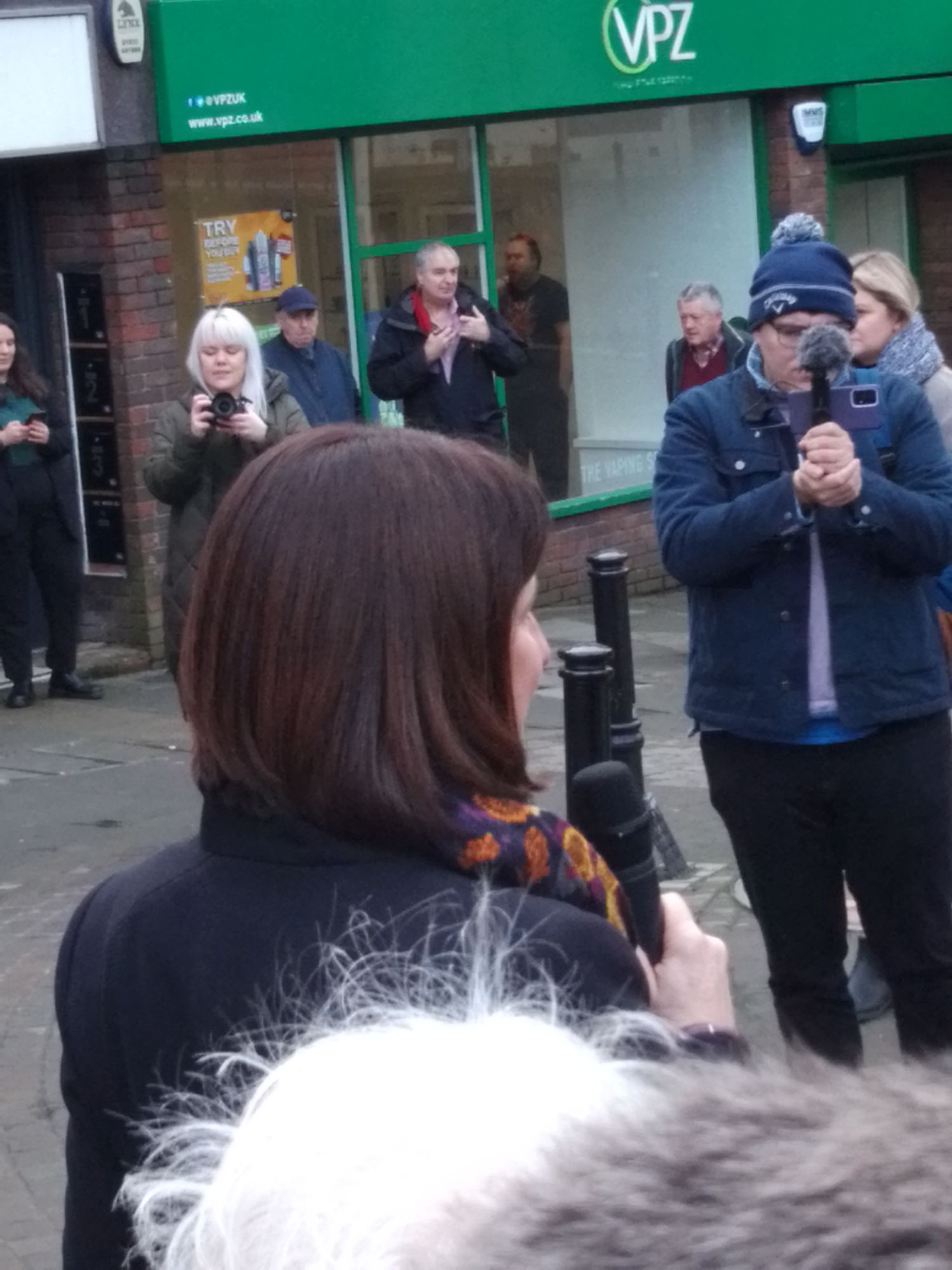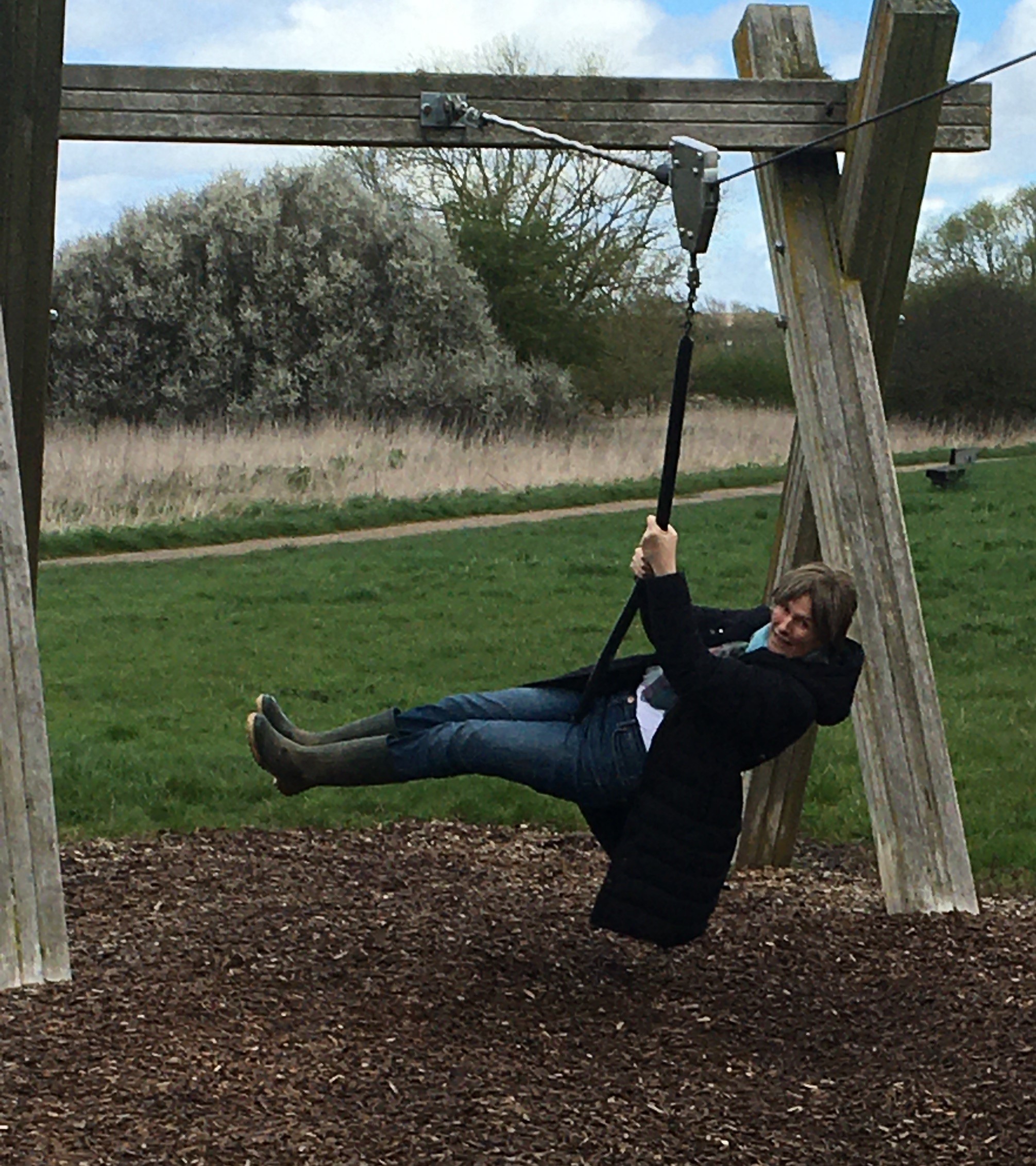Genspect is a trans-denialist organisation: its members deny that trans is a way people are, and that transition is a valid or valuable life-path. Therefore therapists who are members should never be consulted about anything gender-related, and nothing it says about trans people or gender dysphoria can be taken at face value.
Trans people exist. Trans is a thing, in every culture, in every time in history. Genspect denies or minimises that. What can we learn about it from its website?
First, it is a grift. At the top of the page, a large lilac button says “Donate”. At the bottom of the page, it says “Donate” again, and below that a button says “Donate now”. There is a huge amount of money in anti-trans campaigning, and Genspect people want some of it.
They try to appear reasonable, even compassionate. The first headline is “A healthy approach to sex and gender”, and they claim to include professionals and trans people among others. They only include those who accept its trans-denialist viewpoint. On the page headed “Our position”, it becomes clearer what they really want, beyond money.
They want a “non-medicalized” approach. I want that to be an option. However, I want to achieve it by radical trans-acceptance, and they want it by driving trans underground.
They claim there is currently an “affirmative” approach. This is clearly false. Listen to trans people about how hard it is to get treatment we want. Before the Tavistock GIDS would refer to endocrinology, their therapists gave an average of 6.7 appointments before referral (Cass, para 13.11). Those appointments were devoted to challenge, questioning, and assessment whether family dynamics or other causes brought the child to seek gender treatment. There is no affirmative model. Genspect believes there is, because it calls any system where any child at all gets treatment “affirmative”.
At the Tavistock, 727 in four years nine months got puberty blockers. Of those, 489 got cross-sex hormones, after further psychological appointments. 2579 received only psychological assessment or treatment. If there was an “affirmative” approach as the trans-denialists define it, all of them would be on blockers. Yet Genspect claims that the current affirmative model means that medical intervention is “the first line of treatment”.
So their claim that they want schools to be neutral, supporting pupils to explore, not encouraging or discouraging any particular path, is false. They say they want a “slower, more thoughtful” approach, that is, even more appointments than that 6.7 average before any action is taken. And their claim that they have no prejudice against trans people, by which they mean people who have transitioned, is also clearly false. They deny that opposing medical treatment trans people want is transphobic.
They want a ban on medical transition for children and young people. They disapprove of social transition, and claim parents should not accept it when their children say they are trans. Instead parents should “provide thoughtful guidance on the reality of biology”. The term “young people” is ambiguous: the page implies people are “young” until they are thirty.
There’s a great deal of scaremongering on their site. They claim puberty blockers for trans children are “experimental”, and insinuate they are dangerous. They do not indicate any advantage of giving PBs to trans children. They are arguing a case, rather than providing information.
They attack the idea of “gender identity”. Well, it may indeed be unverifiable and unfalsifiable, but the evidence is that trans people exist, whether cis people have a gender identity or not. They say in identical twin pairs where one twin transitions, only 28% of the other twins transition too. But, because of societal transphobia, transition is terrifying. Many trans people put it off indefinitely, despite knowing their own desires. And, that trans might not be entirely genetic does not mean it is not real.
They support gender nonconformity. So do I. Gender stereotypes are bad. But they are also widespread and strongly enforced. I don’t know if a human society without gender stereotypes is possible, or if in such a society there would still be trans people, but I do know in all societies some people are trans.
They want to emphasise the voices of detransitioners. They do not mention retransitioners. I want all people with lived experience to be heard, and the vast majority are those who transition just the once, and go on living their lives in their true gender.
They say that trans youth are no more likely to commit suicide than others with a mental illness, but the better comparator is to children without mental illness. Trans is not a mental illness. They report, rightly, that there has been an increase in children identifying as trans, which they blame on the internet. Well, growing up before the internet, I could never have imagined childhood transition. We are not all as single-minded as Dora Richter. Genspect just assume that this means the children are not trans, really, that there is “rapid onset” gender dysphoria, though the original paper called this merely a hypothesis.
In their articles their loathing of the very idea of transition becomes clearer. This one suggests that developmental trauma causes trans identification. Could curing the trauma make the trans identification go away? The thought is extremely tempting to trans-denialists, those who find trans so repellent that they deny trans exists. It’s also tempting to parents of trans children, who would like a reason to believe their children were not really trans. And it could be a huge source of angst for trans people, considering transition and wondering if it were right for them, and even whether they could be cured. Internalised transphobia is horrific.
The article says it’s likely cure the trauma, cure the trans: trauma causes dysphoria, which the sufferer attaches to a trans identity, then the “affirming” psychologist concretises that. The author, Laura Haynes, says that trauma causes “emotional dysregulation, narcissism, and rage” which are visible in trans rights activists: rage towards women and desire to become women. A lack of separation and individuation, a toddler-like failure to perceive reality (sex is real) characterise TRAs according to her, and no child benefits from “permanent feigning, endocrine disruption, or genital surgery”.
“Shouldn’t we be willing to get to know an unhappy child, before assembly-lining them into sterility and brittle bones?” What a lot to unpack. Merely getting to know the child and the trauma will cure them, but “affirming” doctors are just an assembly line, harming them out of “gender ideology”. This is not a rational or proportionate view of professionals who treat trans children, it’s as full of hate as she is against trans women trying to live our lives and saying things she does not like.
She may be right that treatments for developmental trauma are safe, but they will not cure gender dysphoria if the child is trans. In her last paragraph she suggests “affirming” doctors or parents are traumatised too, inflicting their trauma on “confused” kids who aren’t trans really. That level of denialism means she is incapable of being rational around trans people.
I am traumatised. I don’t know how many people have a hostile inner critic- Psychology Today implies the answer is “lots”. Mine is considerably less hostile since March last year. But from inside, it seems that trauma was more likely to make me deny I am trans than believe it, and since my critic has ameliorated, I am no less trans. It might even be possible for trans people to be mentally healthy, contrary to Haynes’ belief.
Unfortunately, some parts of the NHS are using “training” from people like Genspect.











